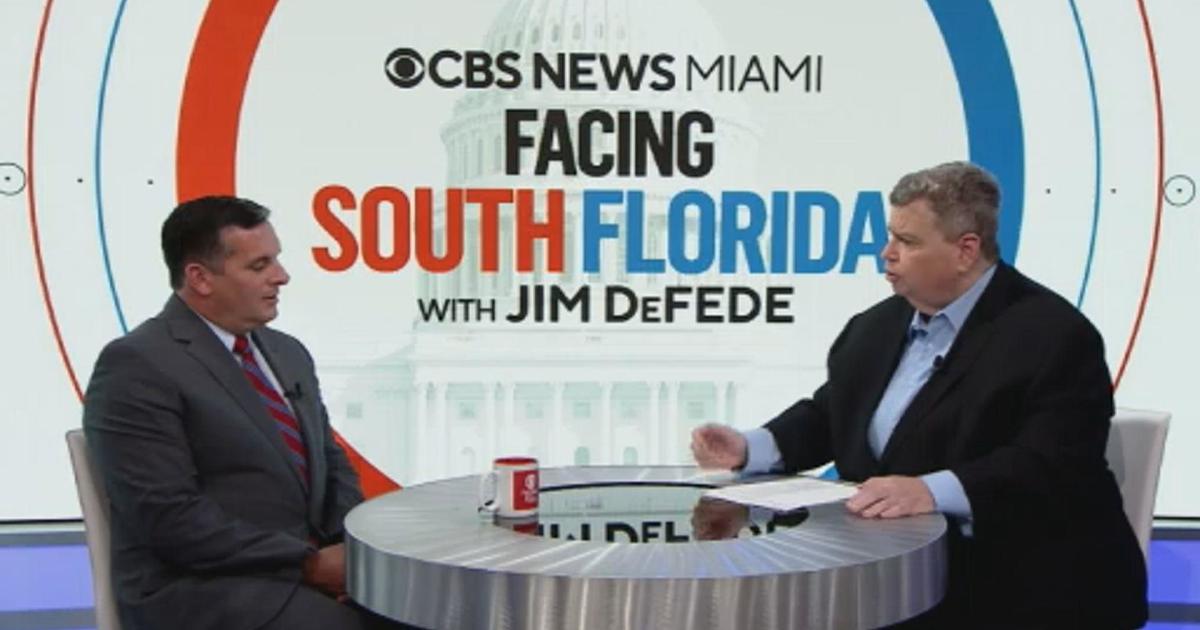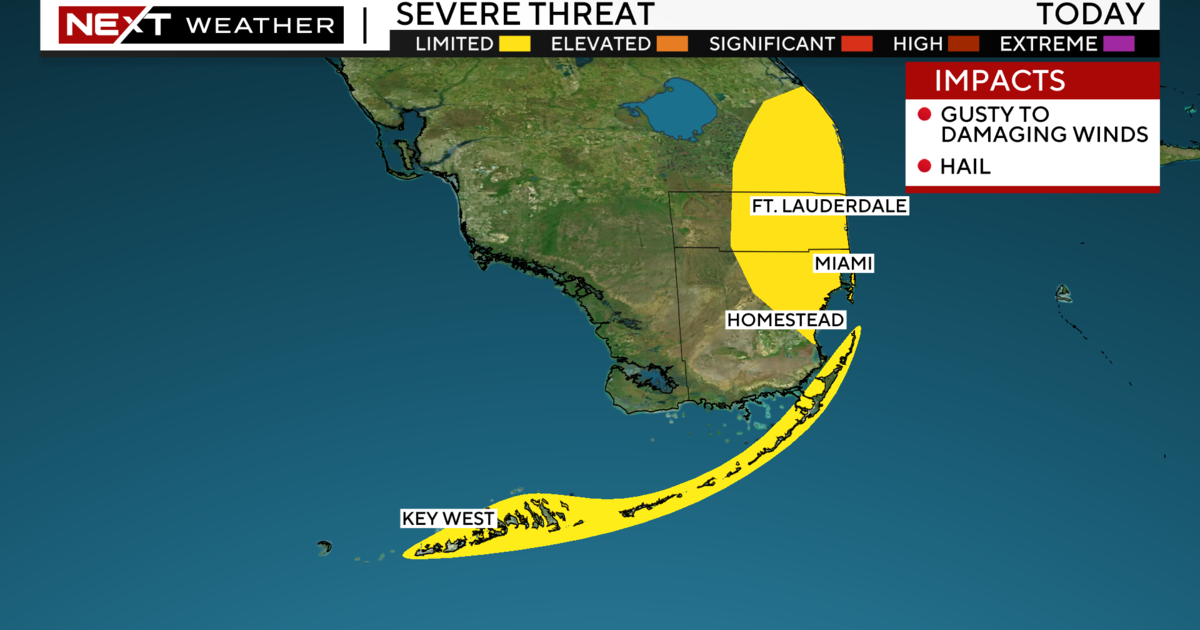Survey: S. Florida Hospitals Could Lose $368M If Deadline Passes
SOUTH FLORIDA (CBSMiami) – Returning Monday after a week off, Congress will have just five days to save South Florida hospitals from losing as much as $368 million.
That's how much could be slashed from hospitals' federal budgets if the sequestration program kicks in as scheduled Friday, according to a detailed survey cited by CBS4 news partner The Miami Herald.
The Florida Hospital Association, using data from the American Hospital Association, estimates that over the next decade, sequestration would cause Miami-Dade hospitals to lose $223.9 million and Broward facilities $144.4 million under the Congress-mandated budget cuts that hit virtually all federal programs unless Republicans and Democrats can work out a compromise.
The New York Times and other national news organizations are reporting that sequestration, unlike the New Year's fiscal cliff, seems virtually certain to take place.
The law requires across-the-board spending cuts in domestic and defense programs, with certain exceptions. Because healthcare represents more than one in five dollars of the federal budget, it will be a huge target for cuts.
For hospitals and doctors, the major impact will be felt in Medicare cuts, which according to the budget law are limited to 2 percent of Medicare payments. Medicaid, food stamps and Social Security are exempted from cuts, according to the Bipartisan Policy Center.
The FHA study calculates that over 10 years, Jackson Memorial Hospital stands to lose $30.6 million, Mount Sinai Medical Center on Miami Beach $27.3 million, Holy Cross in Fort Lauderdale $23.8 million and Memorial Regional Hospital in Hollywood $21.4 million.
"The problem with sequestration is that it just makes broad cuts across the board," said Linda Quick, president of the South Florida Hospital and Healthcare Association. "The Affordable Care Act is looking at all sorts of intelligent ways to reduce costs," including coordinated care that will stop duplicated tests and reduce hospital readmissions. "But sequestration takes an ax, and that doesn't make any sense."
FierceHealthcare, which produces trade publications, says sequestration cuts over the next decade will include $591 million from prescription drug benefits for seniors, $318 million from the Food and Drug Administration, $2.5 billion from the National Institutes of Health, $490 million from the Centers for Disease Control and $365 million from Indian Health Services.
The National Association of Community Health Centers estimates that 900,000 of its patients nationwide could lose care because of the cuts. The group said the cuts were "penny wise and pound foolish" because they would mean less preventive care while more and sicker patients would end up in emergency rooms.
Like the fiscal cliff, Republicans and Democrats agreed on a sequestration strategy, with the idea that the drastic measure would force the two sides to reach agreement on more deliberative budget adjustments. That hasn't happened.
The White House reports that the law will mean that nondefense programs will be cut by 5 percent, defense programs by 8 percent. But since the first year's cuts must be done over seven months, that means in 2013, nondefense programs need to be cut by 9 percent, defense programs by 13 percent.
(TM and © Copyright 2013 CBS Local Media, a division of CBS Radio Inc. CBS RADIO and EYE Logo TM and Copyright 2013 CBS Broadcasting Inc. Used under license. All rights reserved. This material may not be published, broadcast, rewritten, or redistributed. CBS4 news partner The Miami Herald contributed to this report.)



